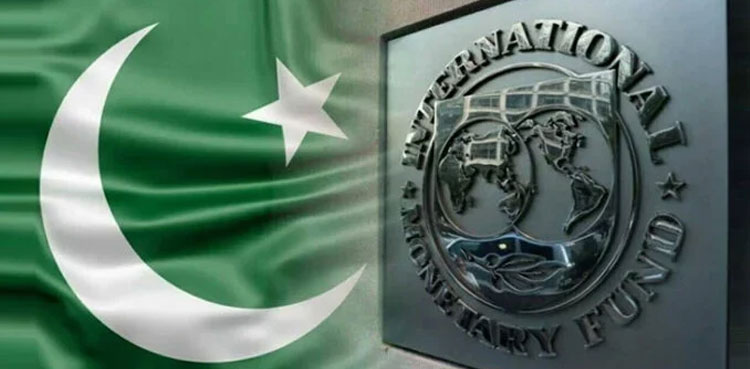The idea of rebuilding Europe under the Marshall Plan and facilitating the developing world under the Bretton Woods stood captivating at that moment only. Unlike the aim of the IMF to promote financial stability and economic cooperation it stood as an exploiting body. The apparent functioning of the organization has always been controversial. Like many African countries, Pakistan is also among the nations that are badly burned under the burden of debt to the International Monetary Fund IMF. According to reports, the country stands as the fourth largest debtor of the particular international organization in 2024.
Given the rising global inflation and energy prices, both inflation and poverty are increasing making it difficult for the state and the public to make ends meet. The country is stuck economically and has gained little prosperity for which it has to knock on the IMF’s door time and oft. Talking in consideration of many internal issues of misuse of loans, weak decision-making, lack of proper channels, and corruption, many external factors are more complex and dreadful.
In the global political arena, Pakistan serves as an important state. The political and neoliberal motives of such organizations have always been applied to such a significant state. With the leverage that the dominant state actors have in these organizations, the exploitation of states like Pakistan has become very easy. Rather than elevating the economic challenges faced by the state, the organization has always exacerbated the situation characterized by cycles of dependency and structural adjustment programs.
Since 1980s the multiple loans system that Pakistan is involved in is accompanied by stringent policies known as Structural Adjustment Programs (SAPs). Unlike the expectations of the program that is to stabilize the economy and promote growth these measures lead to increased poverty and inequality ultimately trickling down the poor population. The measures greatly pressed by the IMF led to reduced public spending on social services such as health and education, to the detriment of the working class. For instance, a large percentage of Pakistan’s budget goes into defense and servicing of debt, leaving very little for social development. Privatization of state-owned enterprises, justified by the belief that the private sector is more efficient, has often failed to perform as expected or bring desired results, thereby destabilizing the economy even further.
This repeated recourse to the IMF underlines a pattern of dependence that, according to many scholars, is indicative of neo-imperialism. The IMF policies come across as reinforcing some form of economic colonialism in which the sovereignty of nations like Pakistan is seriously undermined by the conditionalities imposed by international financial institutions. Besides being an economic dependency, it is also a political dependency as the government of Pakistan has often felt handicapped in policymaking by the necessity to conform to the precepts laid down by the IMF.
The historical context of this relationship can be understood from the colonial past that Pakistan has faced because most of its political and economic structures bear the legacy of British imperialism. In such a case, the IMF could serve to extend the imperial dynamics that were initiated from such a historical background, wherein Western powers exert influence through financial means upon nations standing in their course of development. This has contributed to a situation where the Pakistani state is often seen as standing up for the interests of global capital rather than its very own citizens.
The involvement of the IMF in Pakistan is, therefore, only reflective of broader dynamics set between neoliberalism and neo-imperialism in the Global South. The IMF was initially established with a focus on international economic stability, but its practices have more often than not led to the institutionalization of poverty and inequality in countries like Pakistan. This is just one big circle of borrowing and conditionality, where an inner systemic problem requires a rethink of the role international financial institutions play in shaping the economic futures of developing nations.

Manahil Baz
Manahil Baz is a passionate researcher and graduate of International Relations from Bahria University Islamabad. With a focus on international relations and human rights especially those of marginalized communities, ethnic identities, terrorism, and social tensions, Manahil strives to contribute insightful perspectives to the global discourse on these critical issues and foster a positive change in the realm of global affairs.
- Manahil Baz#molongui-disabled-link
- Manahil Baz#molongui-disabled-link
- Manahil Baz#molongui-disabled-link
- Manahil Baz#molongui-disabled-link













